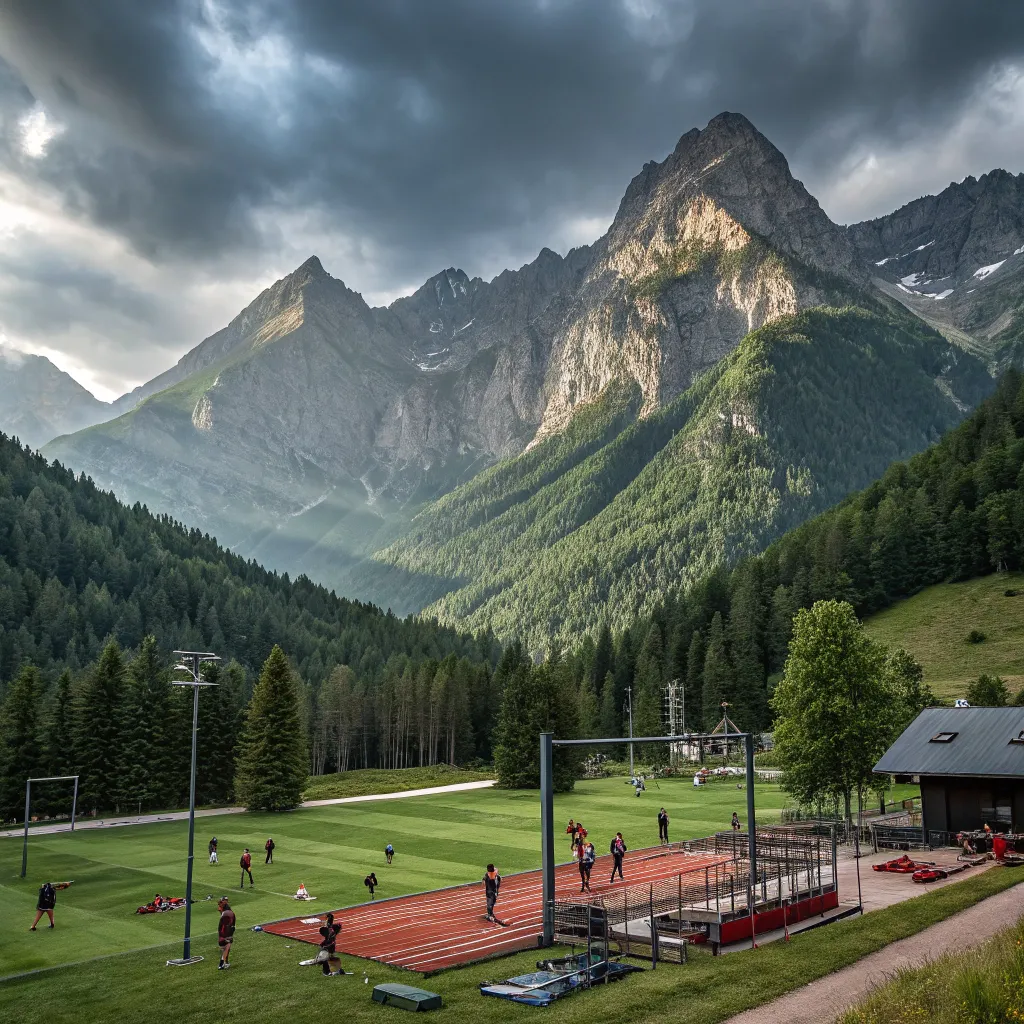Overcoming Fears with FEYLOREXIA: Emily's Journey
Emily Thompson had always admired the towering peaks that surrounded her hometown, yet she had never dared to climb them. That was until she discovered FEYLOREXIA. Our mountaineering school's unique program empowered Emily with the skills and confidence she needed.
After comprehensive training, Emily summited Mount Whistler, conquering her fears and gaining a newfound appreciation for the mountains. Her story is a testament to the transformative power of perseverance and courage. Emily's message to aspiring climbers is simple: "Face your fears, and the summit will be yours."

 FEYLOREXIA
FEYLOREXIA







